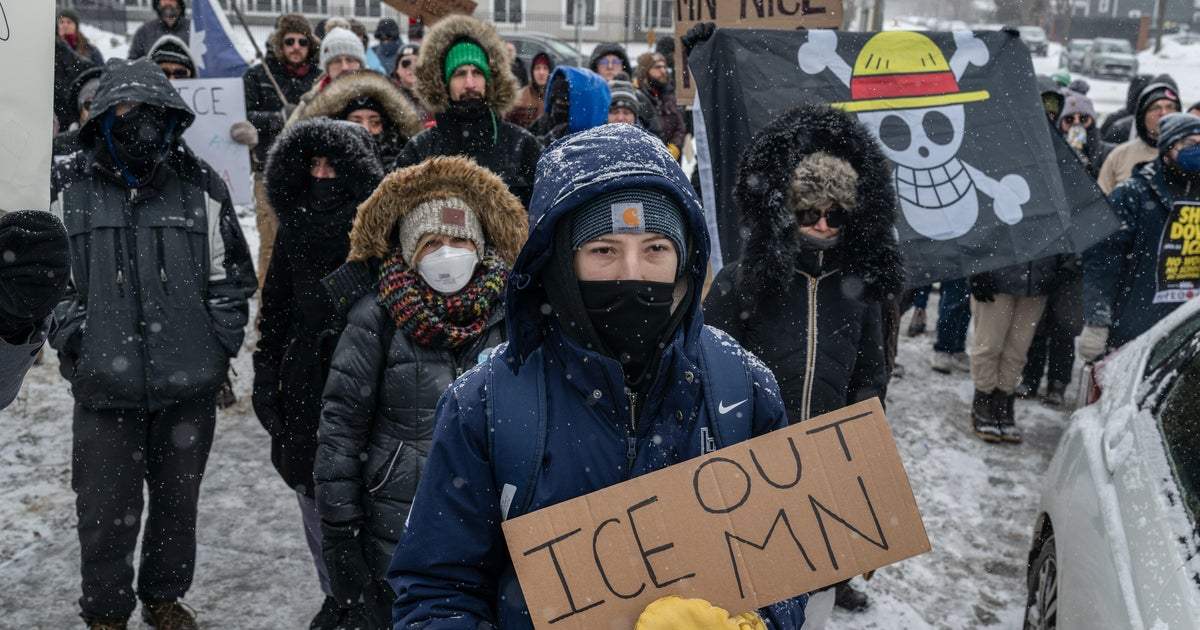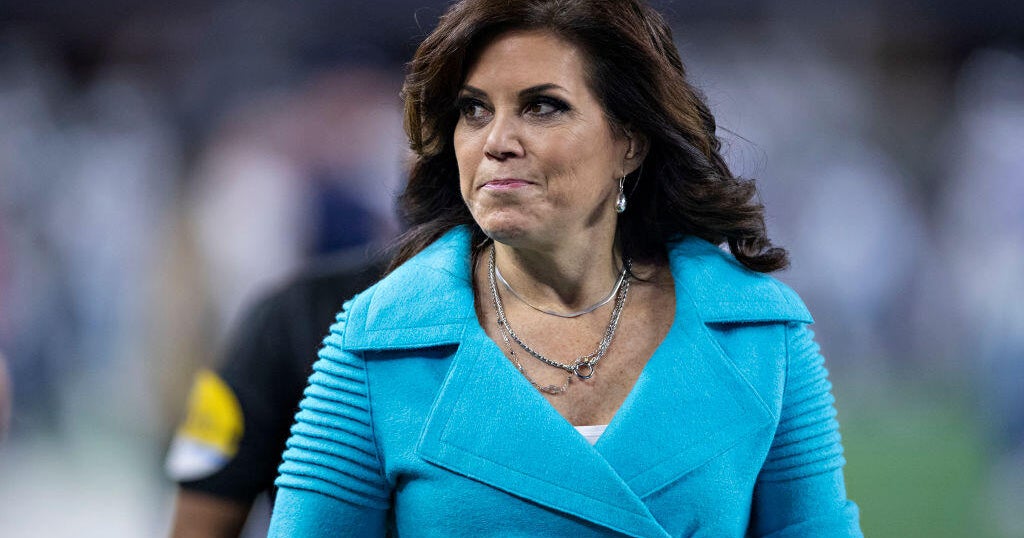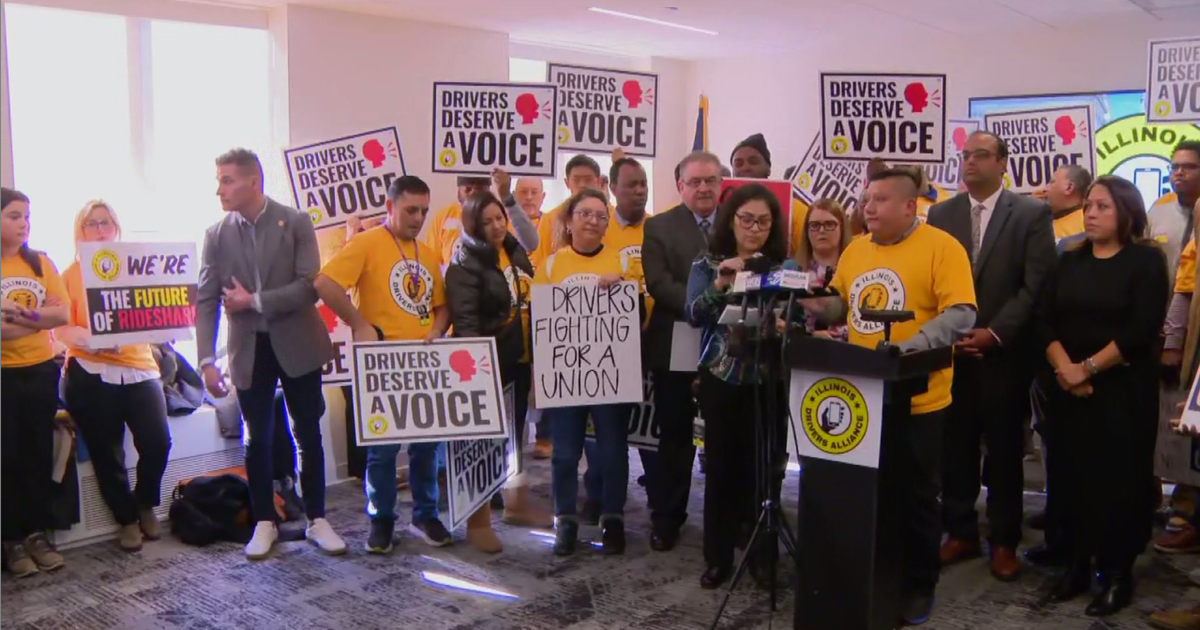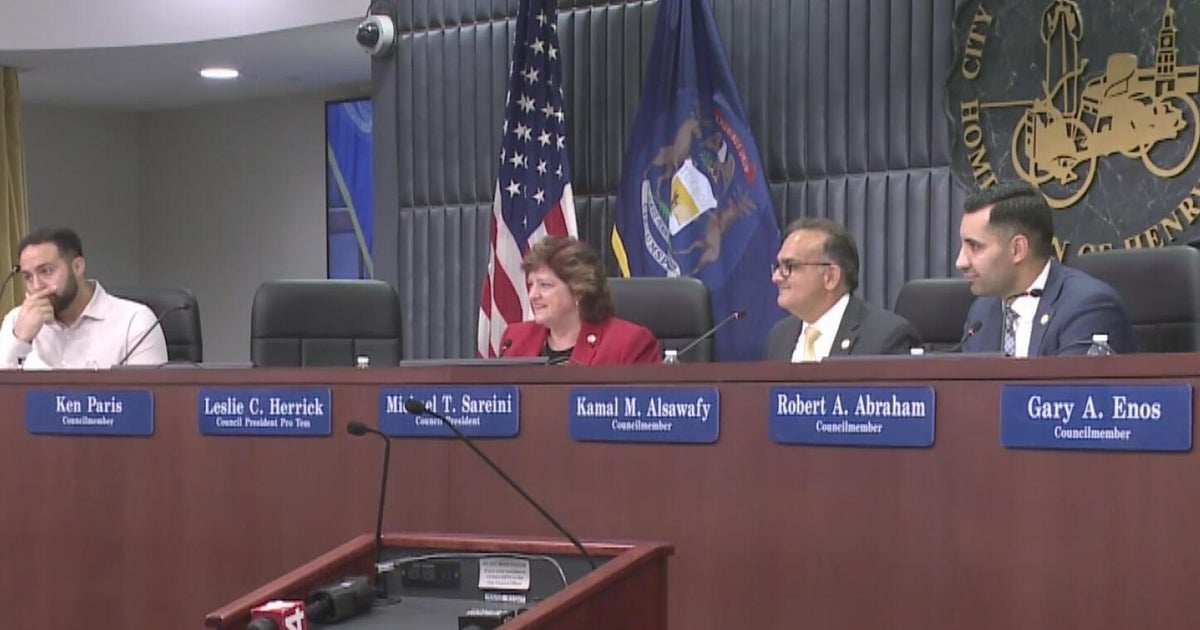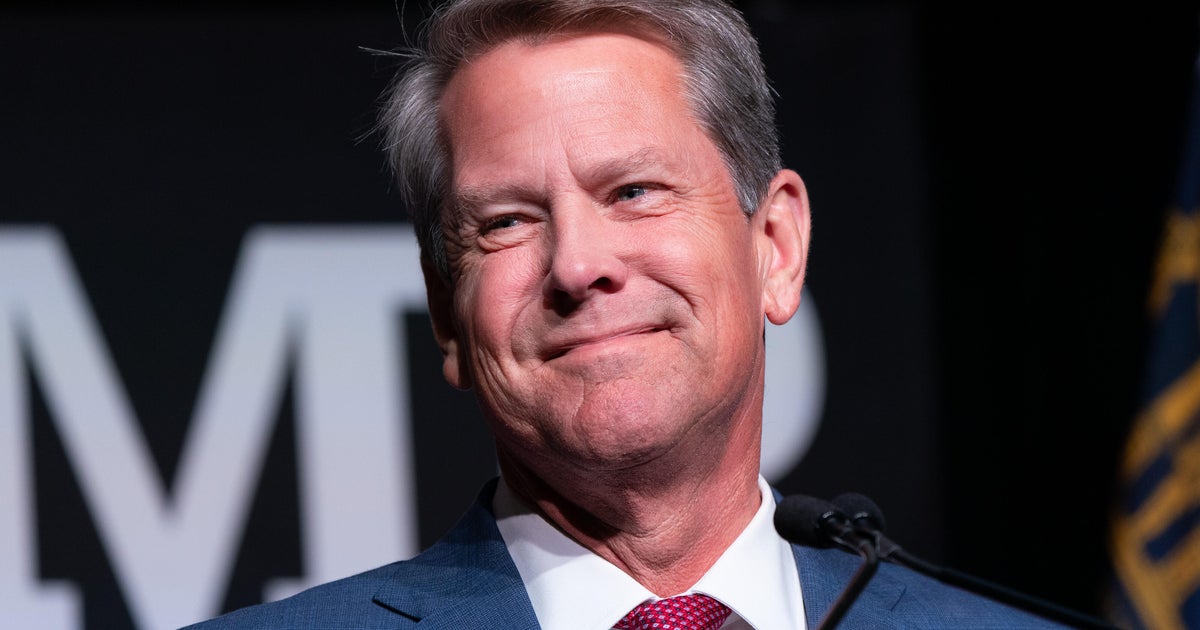Farm Bill draft includes restrictions on hemp-derived THC products. What would it mean for Minnesota's market?
MINNEAPOLIS — A proposal moving through Congress could crack down on products derived from hemp — marijuana's cannabis cousin — that can produce a high.
Late last week, a key committee in the U.S. House approved an amendment to the 2024 Farm Bill supporting agriculture and federal nutrition programs that target hemp THC-infused products, which have created a burgeoning market since lawmakers legalized the hemp plant in the 2018 iteration of the Farm Bill by removing it from the list of controlled substances so long as the plant had no more than 0.3% THC on a dry weight basis. Anything more is considered marijuana.
THC is the psychoactive compound in both cannabis plants.
Supporters of the changes are attempting to close a loophole in hemp's definition to restrict the products.
The industry has operated in a legal gray area. But over the last two years, Minnesota lawmakers set their own rules and regulations for hemp-derived edibles with low doses of THC, creating a robust market that's exploded recently. Consumers can purchase hemp THC drinks at liquor stores and some breweries are making their own beverages.
Leili Fatehi, partner at cannabis consulting firm Blunt Strategies and who was a key advocate who worked on legalizing marijuana in the state last year, said the proposed change would bring the federal definition in line with Minnesota's definition of legal hemp products.
She believes if approved and signed into law — and the bill still has a long way to go and will likely be subject to many changes — it would have little impact on the legal hemp market here.
Some of the state's hemp product regulations include packaging, labeling and testing requirements. They cannot have cartoon-like characters on them or other elements that appeal to children.
"What we have seen is that there is a need for there to be regulation around the hemp-derived product market," Fatehi said. "The definitional change that puts in place a total THC cap to differentiate between marijuana and hemp-derived products does not bring into peril things like edible THC products, as long as the THC in those products is being derived from hemp and not from marijuana."
"But we do see this as being a definitional change that would call into question the legal status of things like THC-A flower, which from a total THC standpoint really is just getting cute with definitions of marijuana," she added.
Minnesota last year legalized marijuana for recreational use by adults 21 and older, but left hemp rules in place so that the market can still thrive. Marijuana is still illegal at the federal level, though the U.S. Department of Justice is taking steps to reclassify it from a Schedule I to Schedule III substance.
Bob Galligan, director of government and industry relations for the Minnesota Craft Brewers Guild, said some of his members were initially concerned about the impact of the proposed change in the Farm Bill draft because the hemp-derived THC drinks have been a boon to business.
He noted there is a lot that could change in the process of making it law, and he believes the Minnesota delegation in Congress will be receptive to their concerns.
"I think ultimately what a lot of the federal legislators are asking for is more regulation around these products, not necessarily banning them, but actually having more regulation," Galligan said. "And in that regard, Minnesota was really the first to do that seriously. And because of that, we have become kind of the example for every other state to follow."
The amendment with the hemp language passed the House Committee on Agriculture last week.
Congresswoman Mary Miller, a Republican from Illinois, offered it "to close the loophole that has allowed drug-infused THC products like Delta-8 to be sold to teenagers in packaging that looks like candy," according to a news release.


